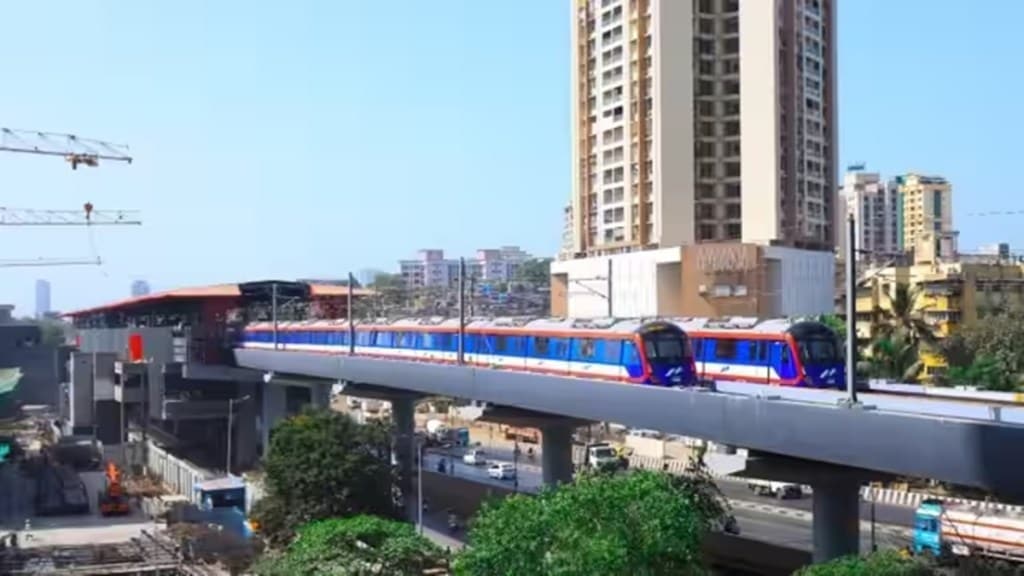The Metro 2A and 7 lines in Mumbai were opened to the public on January 20, 2023. These routes have proven to be time-saving for travelers. However, the lack of last-mile connectivity at certain destination stations is causing inconvenience.
As soon as passengers exit elevated Metro stations, some stations offer auto rickshaws for transport, but many passengers face the problem of being overcharged by the auto drivers, as reported by The Times of India.
These auto drivers refuse to go by the meter and set their own prices. To address this issue, the Mumbai transport department has taken action to improve last-mile connectivity for Metro commuters. They have launched a program that aims to resolve this problem.
Shared auto routes being surveyed
Currently, surveys are being conducted outside 17 metro stations on Line 2A and 14 stations on Line 7 to identify and finalize at least 90 shared auto routes. These routes will help facilitate easier and more affordable transportation options for passengers to reach their final destinations from the Metro stations.
The transport department has now reportedly joined forces with the city’s Regional Transport Office (RTOs) and has deployed inspectors in coordination with traffic police and the Brihanmumbai Municipal Corporation (BMC) to identify potential auto rickshaw routes outside the metro stations. The comprehensive plan involves linking each metro station to up to three shared auto routes, connecting local commercial hubs and housing colonies.
Benefits of last-mile auto rickshaw connectivity
According to the report, Mumbai currently has a massive fleet of 2.32 lakh autorickshaws operating on its roads, with approximately 1 lakh of them serving as share autos. Under the new initiative, around 3,000 autos will be designated to serve 90 feeder routes outside Metro 2A and 7 stations.
This move is expected to benefit an estimated 50,000 commuters by providing them with seamless connectivity to their destinations from the metro stations. The numbers are projected to increase further in the coming months.
This well-thought-out scheme not only benefits the commuters but also offers a significant 33 percent increase in fares for autorickshaw drivers. The shared auto service will implement a reasonable base fare of Rs 10 per passenger per feeder route, ensuring that the public can enjoy affordable and convenient transportation options.

